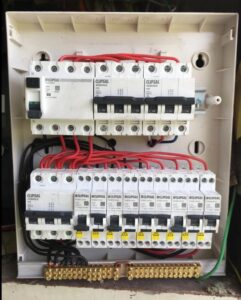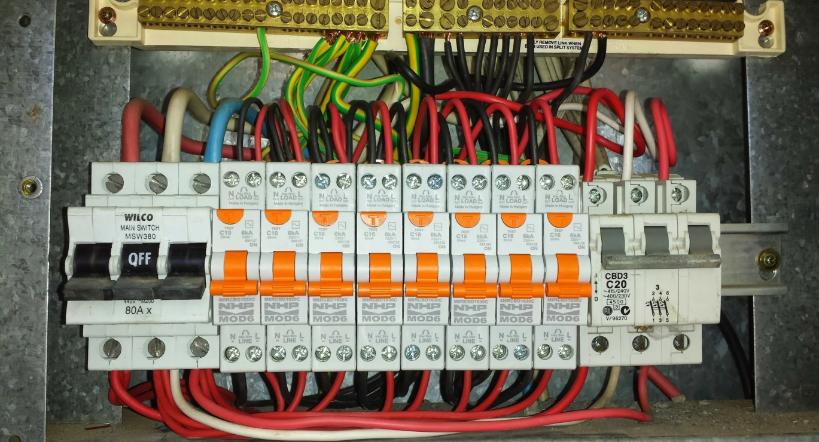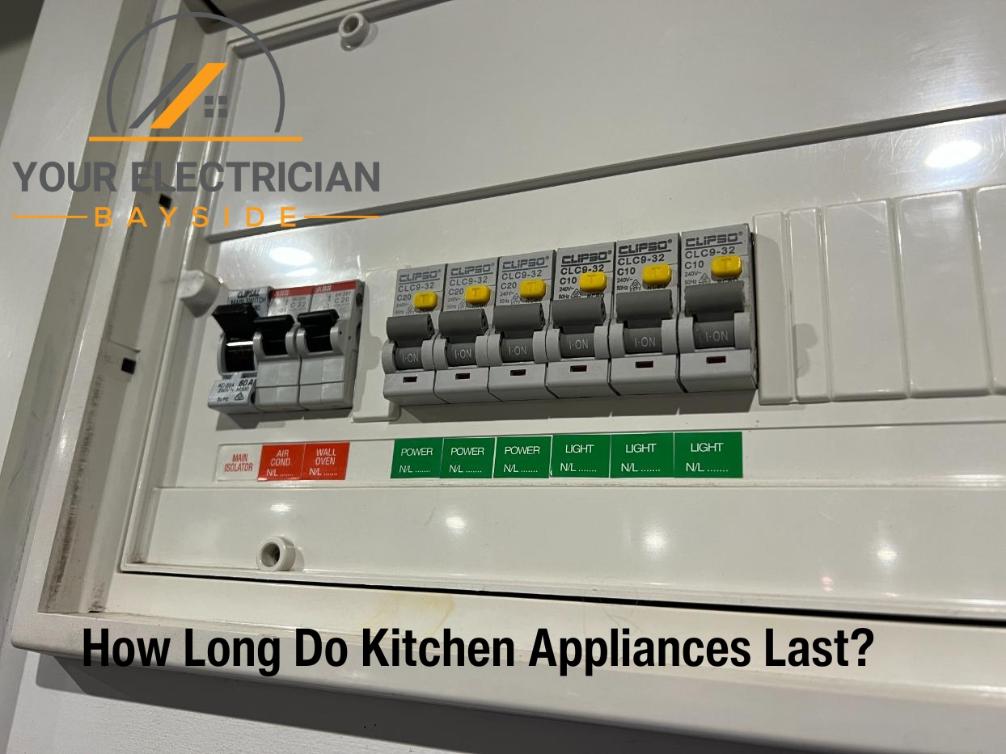Single-phase power is an electricity supply type wherein an alternating current goes through a single conductor, whereas three-phase power involves alternating currents. The currents in three-phase power are each set at a distinct phase angle that flows in three separate conductors.
Knowing the main difference between these two types of electricity supply is essential in choosing the right electrical services for your needs.
In this blog, we’ll discuss the 3 main benefits of single-phase and three-phase power, how to know which type you have, and which is better for your property.
3 Main Benefits of Single-Phase Power
The 3 main benefits of single-phase power are streamlined design, affordable pricing, and suitability with smaller loads.
Streamlined Design
Single-phase power systems boast a straightforward and efficient design. This simplicity makes them particularly user-friendly, ensuring ease of installation and maintenance.
Single-phase systems require fewer wires and less complex infrastructure than their three-phase counterparts.
Affordable Pricing
The cost-effectiveness of single-phase power is a significant benefit. These systems are generally more affordable to install and maintain due to their less complicated design and the reduced quantity of components involved.
The financial savings extend to procuring related equipment and the overall operational costs.

Suitability with Smaller Loads
Single-phase power is ideally suited for lighter loads, which is common in domestic settings and small businesses. This power system efficiently meets the demands of everyday appliances and tools without the unnecessary complexity and expense of a three-phase system.
Additionally, when it comes to safety, single-phase installations typically involve lower voltages, reducing the risk of severe electric shocks. In this context, the appropriate use of breakers further enhances safety, ensuring protection against overloads and short circuits.
Should you turn off breakers during power outage? Learn the answer by reading our post today.
3 Main Benefits of Three-Phase Power
The 3 main benefits of three-phase power are enhanced efficiency, increased load capacity, and better motor efficiency. Let’s take a closer look at each one below.
Enhanced Efficiency
Three-phase power systems are renowned for their enhanced efficiency. This advantage stems from the constant power delivery, a feature unique to three-phase systems, which allows for smoother and more stable operation of electrical equipment.
Moreover, consistent power delivery minimises the stress on electrical components, potentially reducing the frequency of maintenance and the need for a certificate for electrical work.
Increased Load Capacity
A key advantage of three-phase power is its increased load capacity. This system can handle significantly higher loads compared to single-phase power, making it ideal for industrial and commercial settings where heavy-duty machinery is commonplace.
The ability to manage larger loads efficiently means that three-phase systems can power multiple high-demand appliances simultaneously without strain or risk of overload.
Better Motor Efficiency
Three-phase power excels in motor efficiency. Motors running on three-phase electricity are more powerful and operate more smoothly and reliably. This is particularly important in industrial settings where motors are integral to machinery and production processes.
The improved efficiency of these motors leads to longer lifespans, reduced maintenance requirements, and lower operational costs.
How Do I Know Which Type of Power I Have?
To identify the type of power supply in your property, look at your electrical switchboard where the type of incoming mains is usually labeled.
Is Single-Phase or Three-Phase Power Better?
Three-phase power is better for most homes because it lets them operate more appliances safely. Users don’t need to worry about tripping their circuits since the system can handle it.
However, people who live in smaller homes will find a single-phase power system more than enough for their needs.




